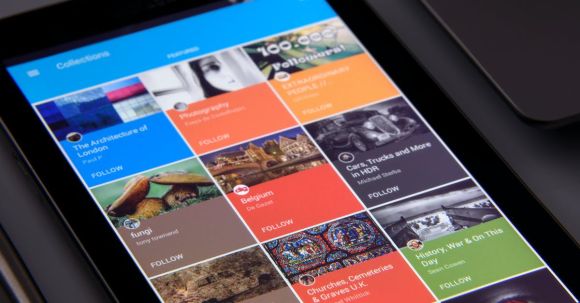In today’s fast-paced world, mobile apps have become an integral part of our daily lives. Whether it’s ordering food, booking a ride, or checking the weather, we rely on mobile apps for convenience and efficiency. However, as the demand for faster and more reliable app experiences increases, developers are constantly searching for innovative solutions. One such solution is leveraging edge computing, a technology that brings computation and data storage closer to the user. In this article, we will explore how mobile apps can leverage edge computing to enhance speed and reliability.
Understanding Edge Computing
Before we delve into the ways mobile apps can benefit from edge computing, let’s first understand what it entails. Edge computing is a distributed computing paradigm that brings computation and data storage closer to the location where it is needed. Instead of relying on a centralized cloud infrastructure, edge computing utilizes local servers or edge devices to process and store data. This reduces latency and improves the overall performance of mobile apps.
Reduced Latency for Enhanced User Experience
One of the key advantages of leveraging edge computing in mobile apps is the significant reduction in latency. Latency refers to the delay between a user’s action and the response from the app. With traditional cloud computing, data has to travel to and from a centralized server, resulting in noticeable delays. Edge computing eliminates this problem by processing data locally, near the user’s device. This reduces latency and provides users with a near-instantaneous response, leading to an enhanced app experience.
Improved Reliability through Local Processing
Another benefit of edge computing for mobile apps is improved reliability. In traditional cloud computing, apps heavily rely on a stable internet connection for data processing and storage. However, in situations where the internet connection is weak or unstable, app performance can suffer. With edge computing, apps can continue to function even in the absence of a reliable internet connection. By leveraging local processing, edge devices can continue to process and store data, ensuring uninterrupted app functionality.
Efficient Data Processing and Analytics
Edge computing also enables mobile apps to perform data processing and analytics more efficiently. By moving computation closer to the user, edge devices can process data in real-time, without the need to send it back and forth to a centralized server. This allows for faster and more accurate data analysis, enabling apps to provide personalized and context-aware experiences. For example, a fitness app can analyze sensor data locally to provide real-time feedback on a user’s workout performance.
Enhanced Security and Data Privacy
In addition to speed and reliability, edge computing offers enhanced security and data privacy for mobile apps. With sensitive data being processed locally, there is reduced risk of data breaches or unauthorized access. This is especially important for apps that handle personal or financial information. By leveraging edge computing, mobile apps can ensure that user data remains secure and protected, giving users peace of mind.
Conclusion: Embracing the Power of Edge Computing
As the demand for faster and more reliable mobile app experiences continues to grow, leveraging edge computing has become a game-changer for developers. By reducing latency, improving reliability, enabling efficient data processing, and enhancing security, edge computing empowers mobile apps to deliver exceptional user experiences. As technology continues to evolve, it is crucial for developers to embrace the power of edge computing and explore its potential to revolutionize the world of mobile apps.





